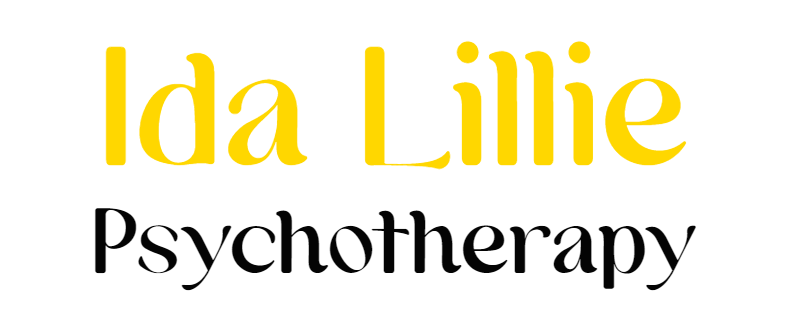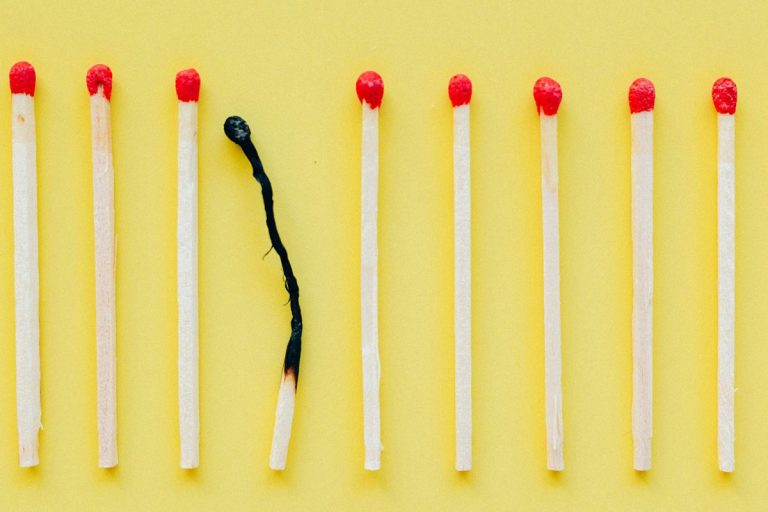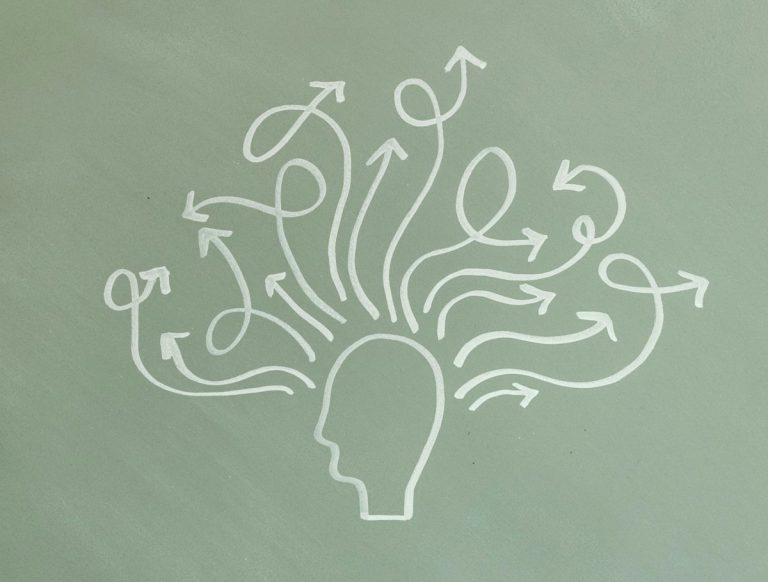Feel Like Lashing Out? Try This Instead.
Sometimes our feelings get so big, we just want to react. Maybe that means canceling plans when anxiety hits, giving the silent treatment when we’re hurt, or spiraling into self-doubt when things feel uncertain.
It’s easy to think “This emotion is so strong, I have to do what it’s telling me to do.” But what if there’s a way to hit pause — and respond in a way that actually helps us feel better long-term?
That’s where Opposite Action comes in. It’s a skill from DBT, or Dialectical Behavior Therapy — a therapy approach that helps people better manage emotions, tolerate distress, and build healthier relationships. DBT teaches that our emotions are valid, but not always helpful to act on — and that we can choose how we respond.
What Is Opposite Action?
Opposite Action means doing the opposite of what your emotion is urging you to do — but only if the emotion doesn’t fi t the facts or isn’t helping you.
Here’s what that might look like:
● If you feel like isolating because of shame → You reach out to someone instead.
● If you feel angry and want to yell → You speak calmly or take a break.
● If you feel anxious and want to avoid something → You gently face it in small steps.
It sounds simple, but it’s incredibly powerful.
You’re not pretending your feelings don’t exist — you’re just choosing a response that moves you toward what you actually want (connection, peace, confi dence), not just what the emotion is screaming in the moment.
When It Feels Too Hard to Do
Let’s be honest — when your whole body is saying “run” or “lash out,” doing the opposite can feel nearly impossible. That’s okay. You’re not failing if it feels hard.
Start small. Even a tiny opposite action (like replying to one text instead of ghosting everyone) is a win. Your brain and body learn from repetition — the more you practice, the easier it gets.
If You’re Trying to Stay Regulated…
Opposite Action is a way to shift your state without shaming yourself for how you feel. If you want help learning how to slow things down and choose actions that align with your values (even in emotionally intense moments), therapy can offer that space.
At Ida Lillie, we support folks in building emotion regulation skills like Opposite Action so you can move through life with more choice — not just reaction.








